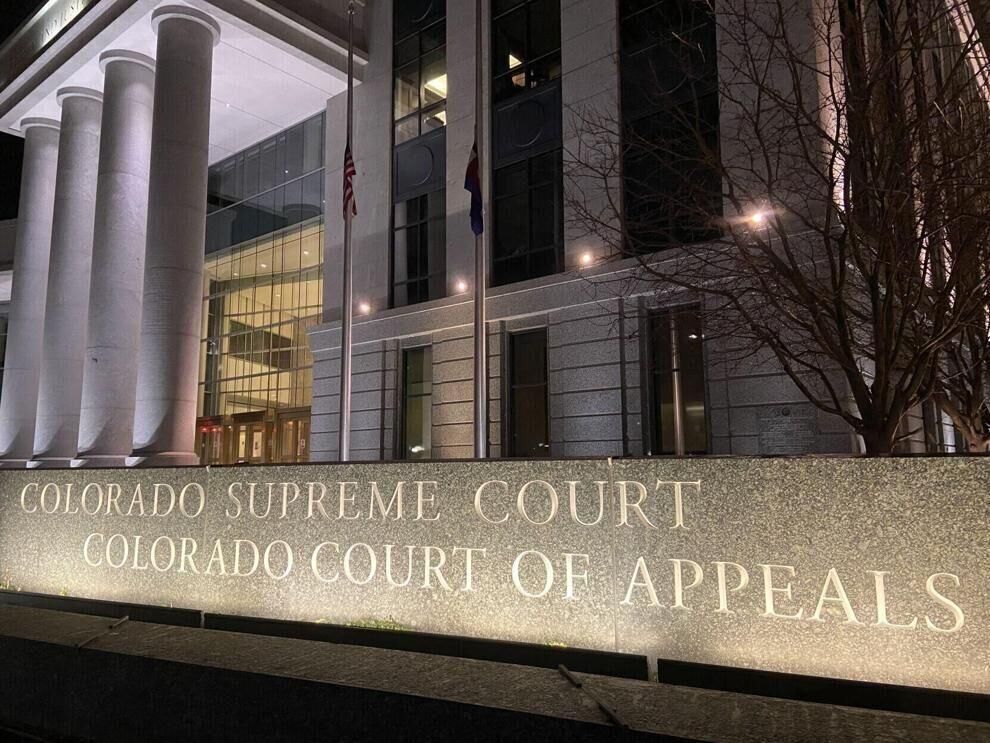Appeals court reverses 10-year sentence due to Arapahoe County judge’s error
An Arapahoe County judge declined to give a key instruction to jurors in a man’s assault trial, prompting the state’s second-highest court to reverse the conviction and order a new trial.
Luis Salinas-Martinez received a 10-year sentence after a jury convicted him in 2019 of assaulting his roommate. Although the offense was a class 4 felony, it was possible for Salinas-Martinez to only be convicted of a class 6 felony if jurors believed he was provoked in a “sudden heat of passion.”
A conviction for the less serious offense would have resulted in a maximum of 18 months in prison.
Salinas-Martinez came home drunk one night and assaulted his roommate, leaving the victim with a collapsed lung and multiple broken bones. Salinas-Martinez himself had minor injuries. Relations between the two men had deteriorated in the lead-up to the fight, and the victim, who was also under the influence of drugs, acknowledged he likely had bitten Salinas-Martinez first.
Salinas-Martinez’s jurors evaluated whether he acted in self-defense, but rejected that claim. They did not consider whether Salinas-Martinez should be convicted of the less serious felony, as District Court Judge Shay Whitaker declined to give the provocation instruction. Her reasons for doing so were not documented.
Under Colorado law, there must be some evidence that a defendant was provoked in order to justify a jury instruction. The evidence must suggest:
• The assault occurred in a “sudden heat of passion”
• The victim performed a “serious and highly provoking act”
• The victim’s actions would have caused an “irresistible passion in a reasonable person”
• There was insufficient time for “the voice of reason and humanity to be heard”
A three-judge panel for the Court of Appeals concluded that, even if it was unlikely jurors would have believed Salinas-Martinez, there was evidence supporting the notion that the victim physically provoked him.
“Considering the evidence in the light most favorable to Salinas-Martinez and taking into account the low bar for a provocation instruction,” wrote Judge Anthony J. Navarro in the July 13 opinion, “we must conclude that the evidence of (the victim’s) biting and wounding him was sufficient to justify the provocation instruction.”
At the same time, the panel rejected Salinas-Martinez’s other reason to claim he was provoked: that he feared “imminent unwanted sexual contact” from his roommate. While there was evidence the two men had interacted sexually in the past, Navarro noted there was no indication the victim had made an unwanted advance on the night of the assault.
The panel ordered a new trial.
The case is People v. Salinas-Martinez.





